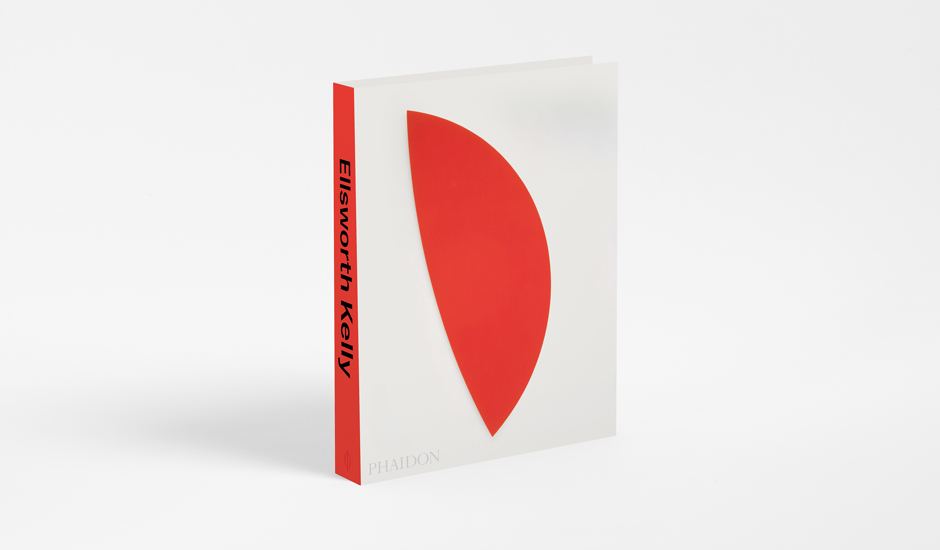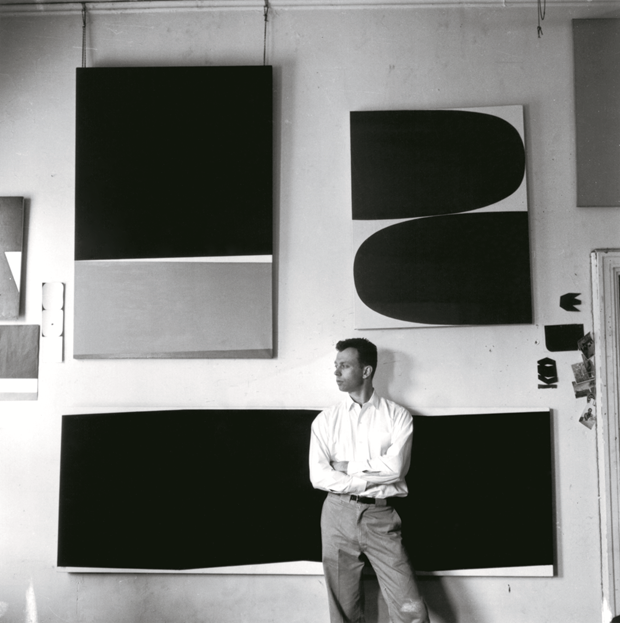
Learn how Ellsworth Kelly changed abstract art
You'll find all you need to know about how the 92-year-old painter impacted US art in his first full-career monograph
When Ellsworth Kelly received the National Medal of Arts from President Obama in 2013, the award citation observed that the artist “has shaped more than half a century of abstraction and remains a vital influence in American art.”
The Smithsonian Institute issued a similar declaration in 2015 when it selected Kelly for their equally esteemed James Smithson Bicentennial Medal earlier this year, describing him as “one of the most important abstract artists.”

The artist, who turned 92 this May, has been exhibiting his work for more than 60 years, and is central in the development of post-war American painting. His distinct, clear, abstract pieces are in the permanent collections of the Tate in Britain, New York’s Museum of Modern Art and Metropolitan Museum of Art, the Art Institute of Chicago, and Switzerland’s Fondation Beyeler, as well as many other important institutions.

Far from declining with age, Kelly is widely regarded as being among the most powerful and important contemporary artists working today, with the New Yorker praising his 2015 exhibition as “the American artist’s all-time most thrilling gallery show.”
Given this burnished position, buyers of our new Ellsworth Kelly monograph will not only be surprised by the brilliance of the works reproduced, the high reproduction values of its 350 colour images, and the scholarly insights offered by such esteemed US art experts as Robert Storr, Professor Richard Shiff, and Tricia Y Paik. They may also be even more amazed to discover that this new book is the only complete monograph to cover Kelly's entire career from the 1940s through to today.
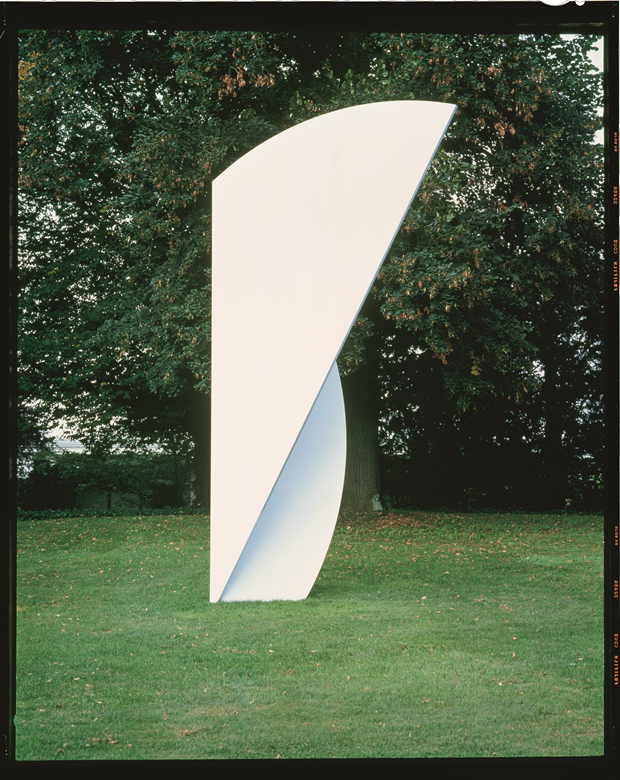
Phaidon’s new publication, produced in close collaboration with the artist himself, maps Kelly’s prolific and diverse oeuvre, taking in his paintings, sculptures, drawings, photographs, postcard collages and prints. The book reproduces many of best-loved pieces, as well as never-before-published images, sketches and other material from his personal archives.

The biographical passages detail Kelly’s childhood interest in bird-watching, his war years spent working as a camouflage expert during the Allied assault on continental Europe, as well as his place within the development of abstract art, minimalism and colour-field painting, as a painter and sculptor living and working in New York City.
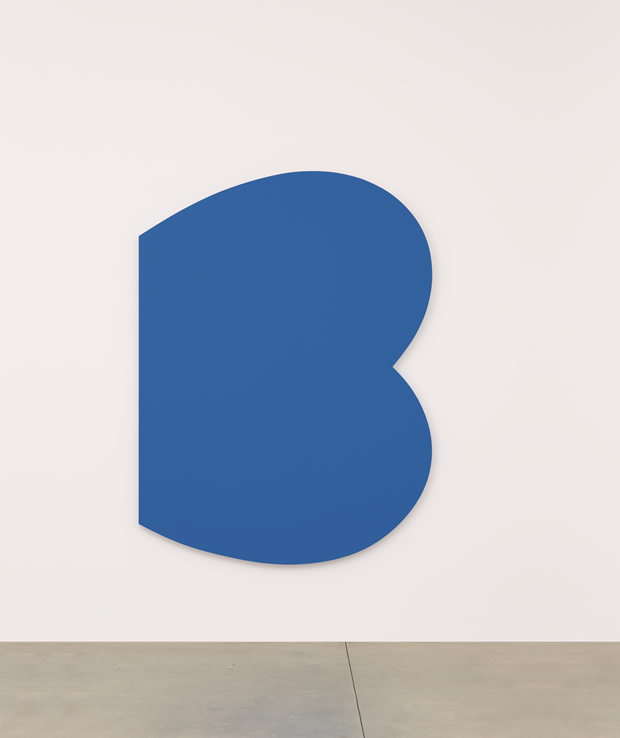
The book describes how, during the 1950s, Kelly developed a new take on abstraction, preferring a pared down and methodical approach, distinct from the prevailing, highly emotive and impromptu manner of Abstract Expressionism. This change influenced ageneration of subsequent artists, including Tauba Auerbach, Matt Connors and Alex Israel.
Within these pages you will also learn about Kelly’s early love of Claude Monet, Paul Cézanne and George Seurat, his friendships with such fellow artists as Agnes Martin, Robert Indiana and James Rosenquist, as well as more idiosyncratic insights, such as his appreciation for ancient Egyptian reliefs, or the way in which shadows cast across the stairs at a friend’s holiday home in southern France served as the basis for one his best-known works.
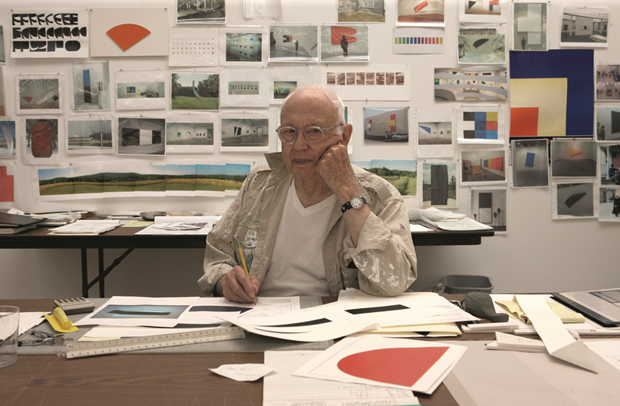
There are excerpts from his GI sketchbook, numerous studies for better known works, even drafts for paintings inked onto the spare pages of his passport.
This hardback, 368-page book comes in a clothbound slipcase, and is designed by the brilliant New York firm, Project Projects, winners of the Cooper Hewitt’s 2015 National Design Award in Communication Design.
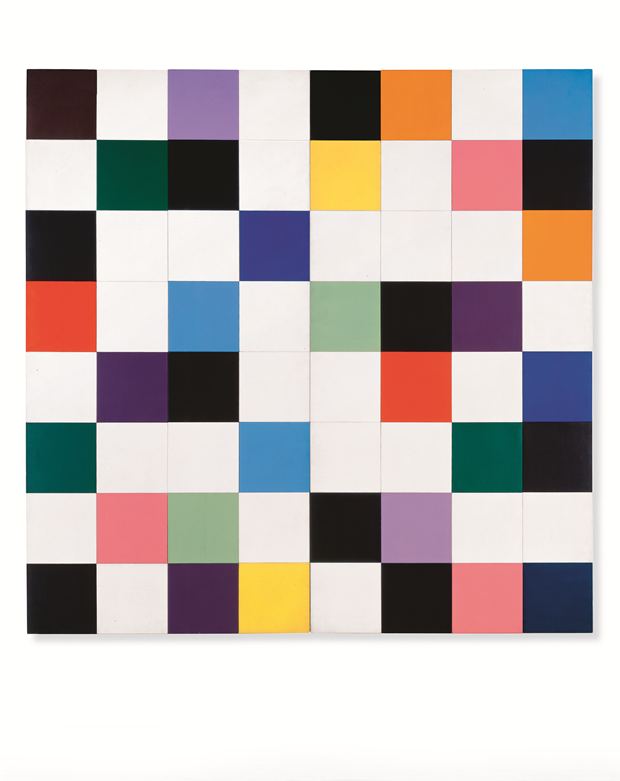
It is a beautiful addition to our large-scale monographs, which number among them equally fine books dedicated to the lives and work of comparable figures, including Agnes Martin, Anthony Caro and Willem de Kooning.
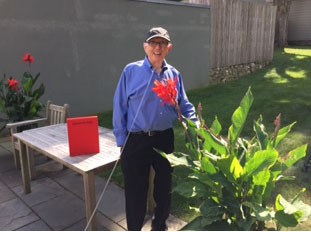
Yet this new book is also as clear, distinct and joyful as many of the pieces reproduced. Indeed, this new title may present only one minor challenge. In a review of the 2015 Matthew Marks Gallery exhibition, the New Yorker quoted one unnamed visitor’s observation: “have you noticed, in any museum that has a Kelly, how everything else there looks sort of tacky?” Alas, this title might have the same effect on even the best-stocked shelves. You can pre-order the book here, and check back soon for our interview with the artist.
